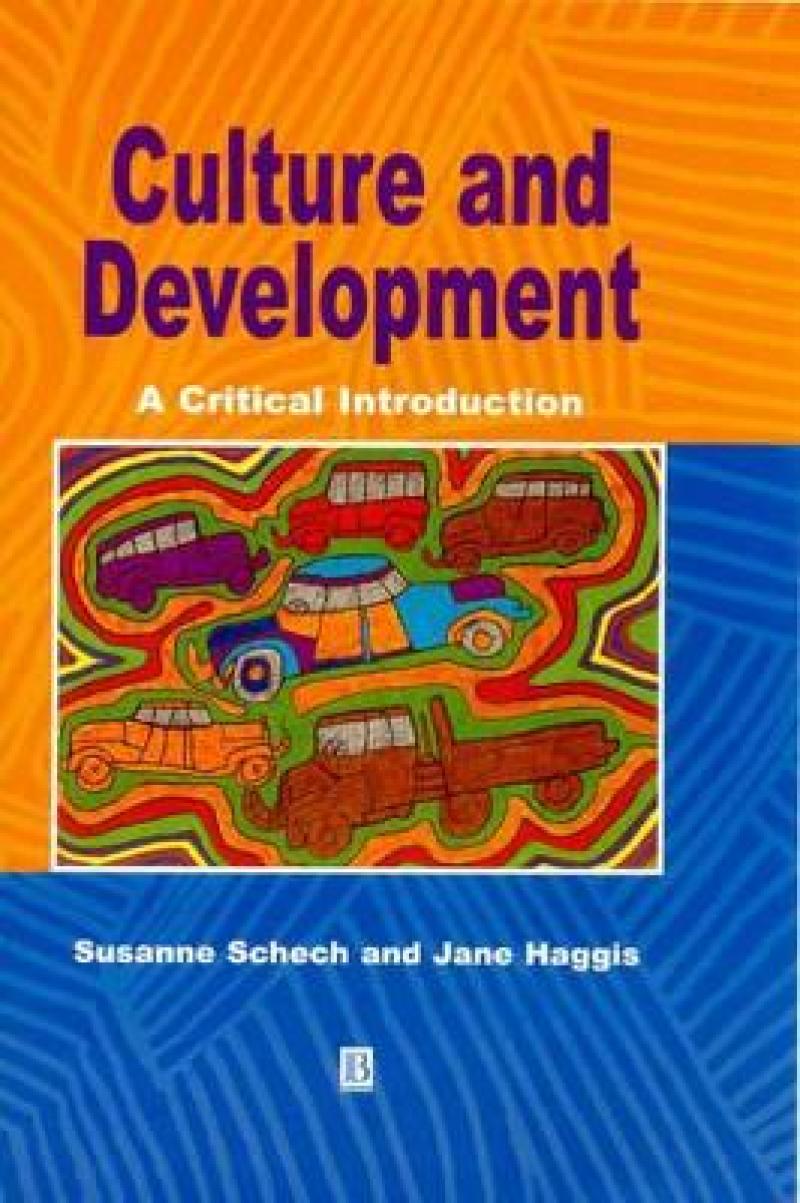"...a well written and researched textbook for the turn of the millenium....refreshing, readable, topical and relevant." <i>Elsbeth Robson, Keele University</i><br /> <p>"<i>Culture and Development</i> is an important text for introductory nd midlevel undergraduate classes and development practitioners looking for a comprehensive, critical and interdisciplinary alternative to "business as usual"<br /> <i>Economic Geography</i><br /> </p> <p>"Overall, the book is an excellent introduction to anthropological and development studies literature on representations, power and culture. While this literature boomed in the 1990s, its theoretical language and disciplinary dispersal made it difficult for students and practitioners to keep up with the debates. <i>Culture and Development</i> provides just such a readable account for student and teacher alike." <i>Progress in Human Geography</i><br /> </p> <p><i>"Culture and development</i> takes a wide-ranging, yet in-depth approach to its subject which lends it both coherence and authority. As an innovative introduction to these themes, this book is to be highly recommended." <i>The Journal of the Royal Anthropological Institute</i></p>
List of Figures and Tables vii
Preface: The Cross-overs of Culture and Development ix
1 Investing in the Asian snake pit ix
2 Culture and development xi
3 Points of contact xii
4 Outline of the book xiii
Acknowledgments xvii
1 Thinking about Culture and Development 1
1 Overview and introduction 1
2 What do we mean by development? 2
3 What do we mean by culture? 16
4 Summary 29
2 Bringing Culture and Development Together 33
1 Introduction 33
2 Third World models of development 40
3 The crisis of development and the new neo-liberal hegemony 50
4 Summary 53
3 Globalization and the Politics of Representation 57
1 Introduction 57
2 Globalization, culture, and development 58
3 Postcolonial challenges 66
4 The deconstruction of development discourse 72
5 Problems of deconstruction 77
6 Hybrid modernities and post-development discourse 79
7 Summary 81
4 Feminism, Development, and Culture 85
1 Introduction 85
2 Women, development, and feminist development theory 87
3 Postcolonial feminisms and feminist development theory 102
4 "Chucking the baby out with the bath water": counter-arguments 109
5 Building bridges 110
6 Summary 113
5 Inventing Traditions, Constructing Nations 118
1 Introduction 118
2 Fixed traditions? 121
3 Inventing traditions 128
4 Contesting traditions 136
5 Globalization and the politics of identity 142
6 Summary 150
6 Human Rights, Cultural Difference, and Globalization 154
1 Introduction 154
2 The human rights discourse and the discourse of development 158
3 Human needs and human rights -- a trade-off? 162
4 Gender, cultural difference, and the universality of human rights 171
5 Human rights of ethnic minority groups 179
6 Summary 188
7 Culture, Development, and the Information Revolution 192
1 Introduction 192
2 Media and modernity 196
3 Cultural imperialism revisited 202
4 Communication technologies, knowledge, and development discourse 206
5 Communicating modernization 208
6 Knowledge and development 210
7 Wired for change 214
8 Summary 216
Index 220
The authors use the themes of gender, tradition and identity, human rights and new communication technologies to explore the challenges that processes of cultural change pose to conventional understandings of development. The book concludes by considering the move beyond "development" to a "post-development" paradigm.
The book is made up of thematic chapters which include outlines and overviews of the specific topics, as well as case studies to illustrate the issues. The authors have designed the book specifically for students and teachers and the material included has been class-tested during their own teaching.
Produktdetaljer
Biografisk notat
Susanne Schech is Senior Lecturer in the School of Geography, Population and Environmental Management at Flinders University of South Australia. She is also Director of the Centre for Development Studies at Flinders University. She has published articles on gender and development, the social construction of whiteness and information technology in development NGOs.Jane Haggis is Senior Lecturer in the Department of Sociology at Flinders University of South Australia. She is also Associate Director of the Centre for Development Studies at Flinders University and has published a number of articles on gender and imperialism, social construction of whiteness and feminist research methodologies.
